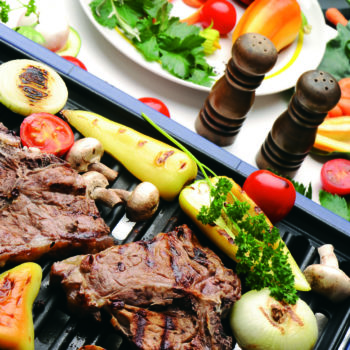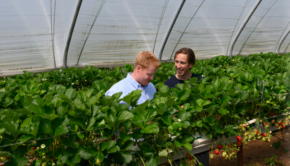Meat industry faces export cost increases of 40%

More Brexit trade friction to come from 1st April
16 February 2021
Meat processors and exporters are experiencing increases in export costs of up to 40% due to the loss of frictionless trade caused by Brexit. In a submission to the Joint Oireachtas Committee on Agriculture and the Marine, Meat Industry Ireland (MII) said the increased costs are due to new Customs and sanitary/phytosanitary (SPS) processes, delays and disruption in logistics and direct transport cost increases.
Whilst the increase in direct sailings to Continental Europe has helped provide exporters with an alternative to the UK Landbridge, MII says that it costs between €500 and €800 extra per truck to send exports to Continental Europe direct. In addition, where exporters are sending trucks to the UK, hauliers are facing difficulties filling their trucks for the return journey due to paperwork and logistical minefields, which means they are looking to increase the costs they charge per journey.
MII also expressed concern about the range of further Brexit measures coming in between April and July. For example, from 1 April, all products of animal origin will need to be accompanied by a veterinary certificate. This will require over 350,000 Export Health Certificates to be issued per annum, with serious potential to cause trade flow disruption and add more cost to exporting.
The Brexit challenges compound the difficulties the sector is facing due to the Covid-19 pandemic which has decimated demand for Irish meat products from the foodservice and restaurant sector. In the beef sector, this affects steak sales in particular as restaurant, catering, and foodservice channels account for some 60% of Ireland’s steak sales. Burger sales are also impacted as fast-food outlets throughout Europe are operating at significantly reduced levels due to national lockdowns in many key markets.
Over the course of the pandemic, increased sales through retail have helped but not enough to offset the decrease in foodservice, the MII states. The UK uplift in retail sales experienced in early January (coinciding with the announcement of new lockdowns) has returned to normal sales levels. UK customers are starting to work through the backlog of pre-Brexit stockpiles thereby reducing their immediate demand for fresh product.
“All agencies and those in the food supply chain have done excellent work to maintain the flow of trade since Brexit kicked in on 1 January,” said MII director Cormac Healy, “but just because tariff and quota free trade has continued doesn’t mean the changes imposed by Brexit aren’t wide ranging and costly. And we have serious concerns about the potential for disruption when new export certification arrangements come into effect in the UK from 1 April.”



 Print
Print





Fans 0
Followers